Public urged to vote for Scotland’s beavers
23/01/2017 in RZSS
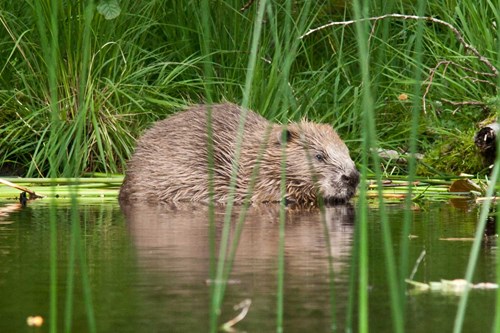
Photo by Steve Gardner
Members of the public are being asked to give their backing to beavers in the BBC Countryfile Magazine Awards. The Eurasian beaver is one of four species shortlisted in the ‘Wildlife Success Story’ category following its successful reintroduction to Scotland. The winner will be decided by a public vote.
The Scottish Wildlife Trust and Royal Zoological Society of Scotland, the two lead partners in the Scottish Beaver Trial, are urging the public to vote online at www.countryfile.com/awards by Tuesday 28 February.
Scottish Government announced in November that the species would be formally recognised as a native species, 400 years after being hunted to extinction in the UK. This makes it the first formal mammal reintroduction in UK history and a real success story for Scottish conservation.
Susan Davies, Director of Conservation at the Scottish Wildlife Trust, said: "The reintroduction of beavers to our lochs and rivers is a big opportunity for both the environment and wildlife tourism.
"They are unique ecosystem engineers that have the potential to naturally manage woodland and create new wetland habitats, benefiting a wide range of species such as otters, water voles and dragonflies.
“We're thrilled that their return to Scotland has been recognised in this year's Countryfile Magazine Awards and hope that people will vote for them to win the award."
Barbara Smith, Chief Executive of the Royal Zoological Society of Scotland, said: "To see a keystone species like the beaver returned to the wild for the first time in 400 years is a tremendous achievement and one which we are delighted to see recognised by BBC Countryfile Magazine.
“Since the start of the Scottish Beaver Trial in 2009, we have been struck by the huge public support for the species both in Knapdale and across the country, something which will be vital if the species is to re-establish itself across much of its former range in Scotland and further afield.
“We would urge everyone to back the beaver and vote by 28 February.”
Beavers were hunted to extinction in Scotland over 400 years ago. Their successful reintroduction follows decades of work, in particular the Scottish Beaver Trial, a five-year partnership project between the Royal Zoological Society of Scotland, the Scottish Wildlife Trust and host Forestry Commission Scotland to undertake a time-limited, five-year trial reintroduction of Eurasian beavers to Knapdale, Mid-Argyll.
In November 2016 Roseanna Cunningham, Cabinet Secretary for Environment, Climate Change and Land Reform, announced that beavers would be given protected status and allowed to stay in Scotland. The Scottish Wildlife Trust and the Royal Zoological Society of Scotland are currently working up proposals to boost the beaver population in Knapdale to secure its long-term viability.
…ends…
About the Scottish Beaver Trial:
- The Scottish Beaver Trial was a five-year partnership project between the Royal Zoological Society of Scotland, the Scottish Wildlife Trust and host Forestry Commission Scotland to undertake a time-limited, five-year trial reintroduction of Eurasian beavers to Knapdale, Mid-Argyll.
- The licence for the Trial was granted by the Scottish Government in May 2008, with the first beavers being released in May 2009. Scottish Natural Heritage co-ordinated the independent scientific monitoring of the Trial, reporting progress to the Scottish Government and monitored how the conditions of the licence were being addressed on the ground.
- The monitoring phase of the Trial finished in May 2014. All scientific findings were presented to the Scottish Government by Scottish Natural Heritage in May 2015. More information can be found here: http://www.snh.gov.uk/protecting-scotlands-nature/beavers/beavers-in-scotland/
- The beaver families participating in the Trial were all caught in the Telemark region of Norway and transported to quarantine facilities in Devon and Scotland. They all completed a statutory quarantine period before being released in the Trial site.
About the Royal Zoological Society of Scotland:
- The Royal Zoological Society of Scotland was founded by visionary lawyer Thomas Gillespie, the Society was set up in 1909 ‘to promote, facilitate and encourage the study of zoology and kindred subjects and to foster and develop amongst the people an interest in and knowledge of animal life’. The Society still exists to connect people with nature and safeguard species from extinction.
- Please visit here for information on all our conservation projects.
- RZSS Edinburgh Zoo and RZSS Highland Wildlife Park are owned by the Royal Zoological Society of Scotland (RZSS), a registered charity, charity no SC004064.
- RZSS Edinburgh Zoo is set in 82 acres of sloping parkland, just a stone’s throw away from Edinburgh’s bustling city centre. In its 103-year history the Zoo has been home to many famous animal residents, more recently the UK’s only giant pandas, Tian Tian and Yang Guang, and the UK’s only koalas.
- RZSS Highland Wildlife Park specialises in Scottish species, past and present, and other cold weather adapted animals from around the world.
- The Park, which covers over 200 acres and is located within the Cairngorms National Park, is home to two male polar bears and the only female polar bear in the UK.
- RZSS Edinburgh Zoo and RZSS Highland Wildlife Park are members of the British and Irish Association of Zoos and Aquariums (BIAZA).
About the Scottish Wildlife Trust:
- The Scottish Wildlife Trust is Scotland’s leading nature conservation charity, representing over 40,000 members who care for wildlife and the natural environment.
- For over 50 years, the Scottish Wildlife Trust has worked with its members, partners and supporters in pursuit of its vision of healthy, resilient ecosystems across Scotland’s land and seas.
- The Trust successfully champions the cause of wildlife through policy and campaigning work, demonstrates best practice through practical conservation and innovative partnerships, and inspires people to take positive action through its education and engagement activities.
- The Trust manages a network of 120 wildlife reserves across Scotland and is a member of the UK-wide Wildlife Trusts movement.
- The Trust receives financial assistance and support from a range of organisations, funders and individuals including Scottish Natural Heritage and players of People’s Postcode Lottery.
For further information please contact:
Gavrielle Kirk-Cohen, PR Coordinator for the Royal Zoological Society of Scotland, on 0131 314 0383 or gkirkcohen@rzss.org.uk OR media@rzss.org.uk
Rory Syme, PR and Digital Communications Officer for the Scottish Wildlife Trust, on 0131 312 4742 or rsyme@scottishwildlifetrust.org.uk
Featured Content
Featured Articles

An update from the Budongo Forest
19/04/2024 in Conservation
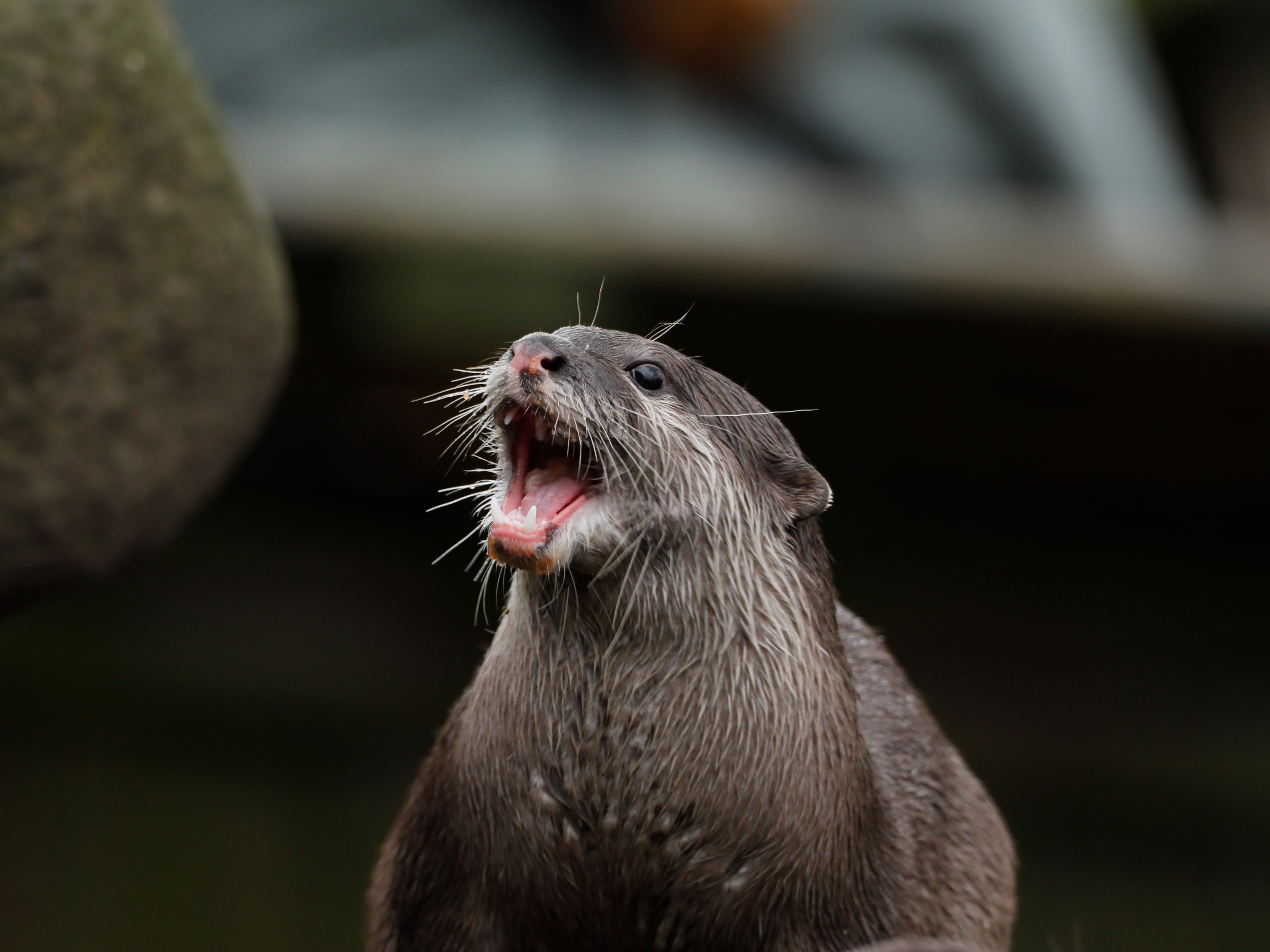
Edinburgh Zoo named best zoo in Scotland
15/04/2024 in Edinburgh Zoo

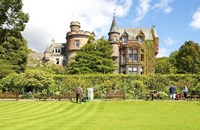

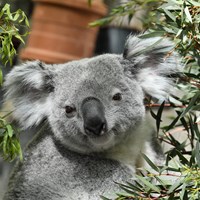
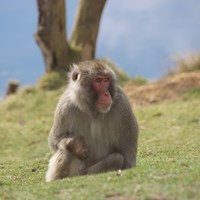
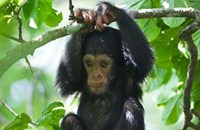
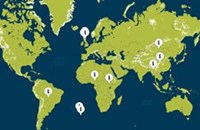
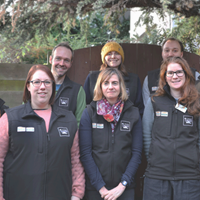
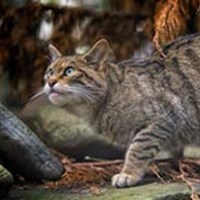
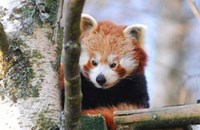
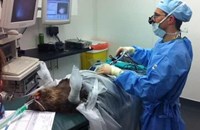

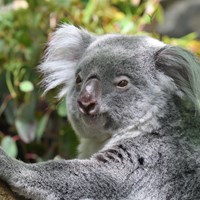
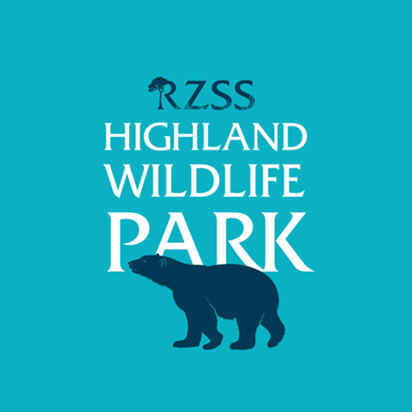
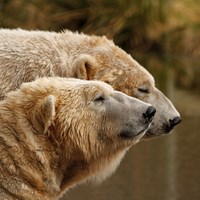

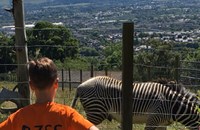

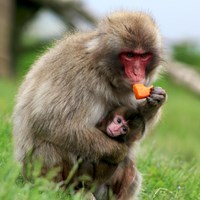
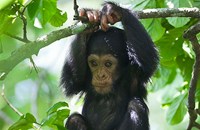
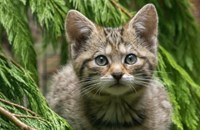
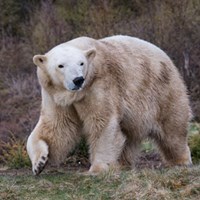
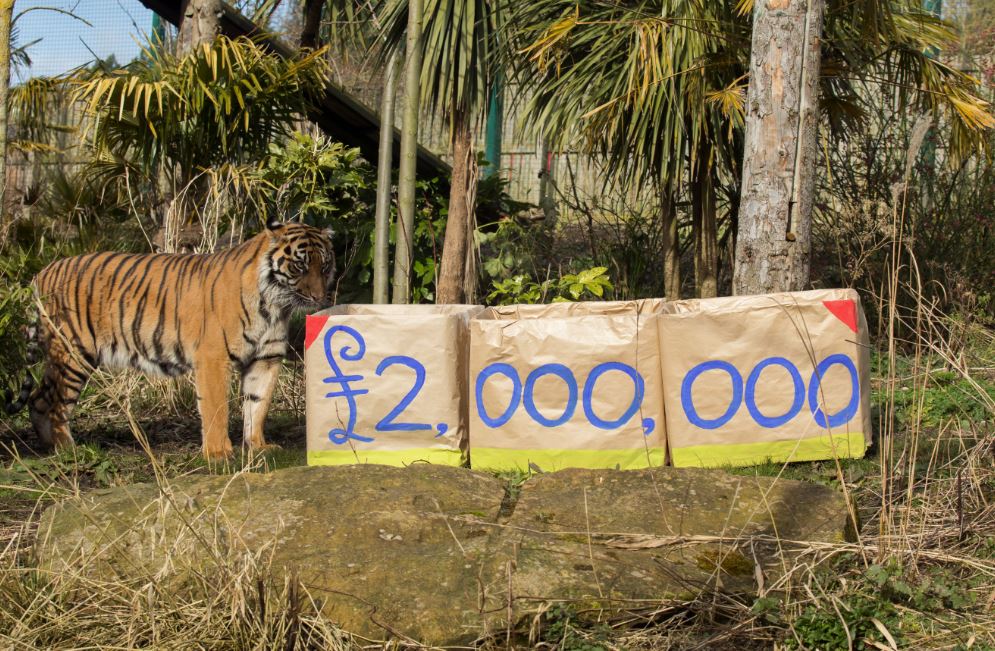


Follow EZ